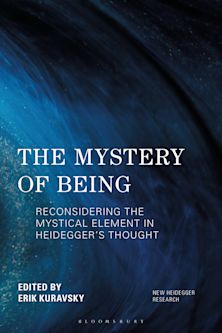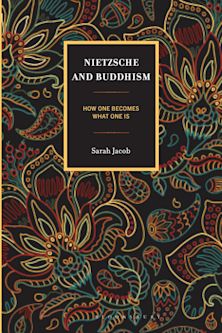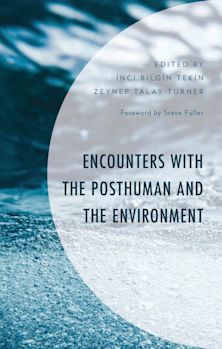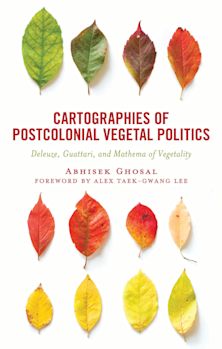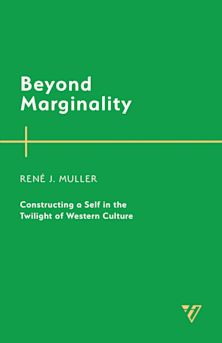- Home
- ACADEMIC
- Philosophy
- Philosophy - Other
- Freedom to Believe
Freedom to Believe
Essays and Letters
Freedom to Believe
Essays and Letters
This product is usually dispatched within 2-4 weeks
- Delivery and returns info
-
Flat rate of $10.00 for shipping anywhere in Australia
You must sign in to add this item to your wishlist. Please sign in or create an account
Description
Freedom to Believe is a powerful collection of philosophical and religious essays by a modern poet of distinction. It introduces a highly original and controversial thinker to the Western reader. Olga Sedakova's central philosophical thought lies in the notion of existential freedom in its association with the liberating power of the arts, especially poetry. These convictions place her firmly in the Russian and European classical cultural traditions, which, in turn, have deep roots in Christianity. Devoutly Orthodox yet fiercely independent in her thinking, Sedakova's ecumenical humanism places her in opposition to both the "new left" and modern fundamentalism. Indeed, Sedakova's "conservatism" is more genuinely new than the so-called radicalism of the postmodernists, as she castigates "old totalitarianism" and new commercialism alike, in the name of a new cultural poetics and politics.
Product details
| Published | 01 May 2010 |
|---|---|
| Format | Hardback |
| Edition | 1st |
| Extent | 263 |
| ISBN | 9781611482928 |
| Imprint | Bucknell University Press |
| Dimensions | 244 x 167 mm |
| Publisher | Bloomsbury Publishing |
About the contributors
Reviews
-
An invaluable book for those who delight in reason and artistic creation. Highly recommended.
Choice Reviews
-
Primarily known as a Russian poet Sedakova also has strong academic roots in folklore and theology, as demonstrated by the 16 selected articles, essays, memoirs, and speeches presented here. Among her topics are answers about childhood, poetry, and courage; the Christianity of Pushkin; Hermes and the invisible aspect of classical literature; poetry and anthropology; the nature of tradition; the moralism of art or the evil of mediocrity; in memory of John Paul II; and freedom as eschatological reality. Yastremski (Russian, Bucknell U.) and Naydan (Ukrainian studies, Pennsylvania State U.) translate from the Russian. Yastremski also contributes an introduction to her religious philosophy called Freedom in "Post-Everything" Culture.
Book News, Inc.
















